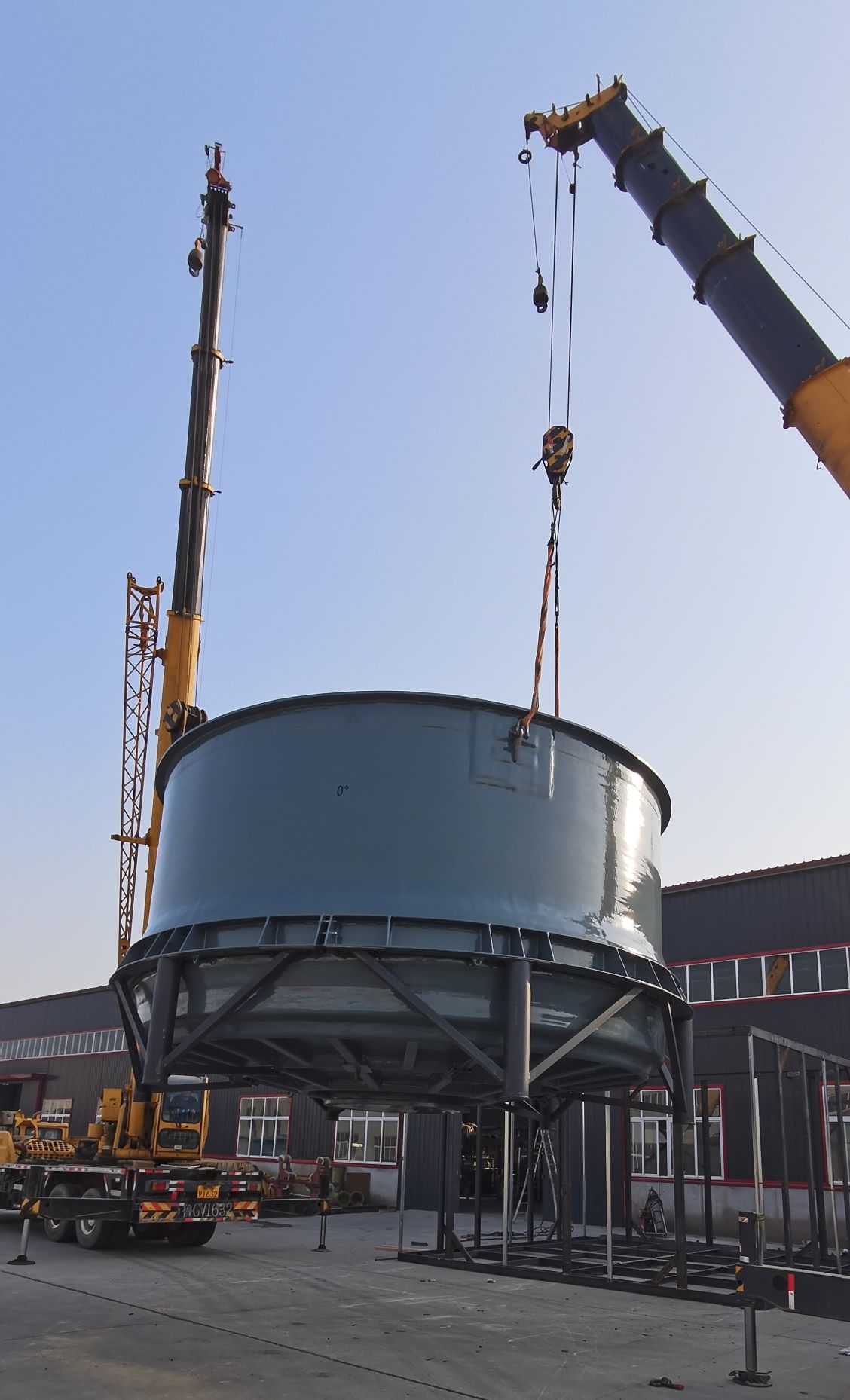
-
 Afrikaans
Afrikaans -
 Albanian
Albanian -
 Amharic
Amharic -
 Arabic
Arabic -
 Armenian
Armenian -
 Azerbaijani
Azerbaijani -
 Basque
Basque -
 Belarusian
Belarusian -
 Bengali
Bengali -
 Bosnian
Bosnian -
 Bulgarian
Bulgarian -
 Catalan
Catalan -
 Cebuano
Cebuano -
 China
China -
 China (Taiwan)
China (Taiwan) -
 Corsican
Corsican -
 Croatian
Croatian -
 Czech
Czech -
 Danish
Danish -
 Dutch
Dutch -
 English
English -
 Esperanto
Esperanto -
 Estonian
Estonian -
 Finnish
Finnish -
 French
French -
 Frisian
Frisian -
 Galician
Galician -
 Georgian
Georgian -
 German
German -
 Greek
Greek -
 Gujarati
Gujarati -
 Haitian Creole
Haitian Creole -
 hausa
hausa -
 hawaiian
hawaiian -
 Hebrew
Hebrew -
 Hindi
Hindi -
 Miao
Miao -
 Hungarian
Hungarian -
 Icelandic
Icelandic -
 igbo
igbo -
 Indonesian
Indonesian -
 irish
irish -
 Italian
Italian -
 Japanese
Japanese -
 Javanese
Javanese -
 Kannada
Kannada -
 kazakh
kazakh -
 Khmer
Khmer -
 Rwandese
Rwandese -
 Korean
Korean -
 Kurdish
Kurdish -
 Kyrgyz
Kyrgyz -
 Lao
Lao -
 Latin
Latin -
 Latvian
Latvian -
 Lithuanian
Lithuanian -
 Luxembourgish
Luxembourgish -
 Macedonian
Macedonian -
 Malgashi
Malgashi -
 Malay
Malay -
 Malayalam
Malayalam -
 Maltese
Maltese -
 Maori
Maori -
 Marathi
Marathi -
 Mongolian
Mongolian -
 Myanmar
Myanmar -
 Nepali
Nepali -
 Norwegian
Norwegian -
 Norwegian
Norwegian -
 Occitan
Occitan -
 Pashto
Pashto -
 Persian
Persian -
 Polish
Polish -
 Portuguese
Portuguese -
 Punjabi
Punjabi -
 Romanian
Romanian -
 Russian
Russian -
 Samoan
Samoan -
 Scottish Gaelic
Scottish Gaelic -
 Serbian
Serbian -
 Sesotho
Sesotho -
 Shona
Shona -
 Sindhi
Sindhi -
 Sinhala
Sinhala -
 Slovak
Slovak -
 Slovenian
Slovenian -
 Somali
Somali -
 Spanish
Spanish -
 Sundanese
Sundanese -
 Swahili
Swahili -
 Swedish
Swedish -
 Tagalog
Tagalog -
 Tajik
Tajik -
 Tamil
Tamil -
 Tatar
Tatar -
 Telugu
Telugu -
 Thai
Thai -
 Turkish
Turkish -
 Turkmen
Turkmen -
 Ukrainian
Ukrainian -
 Urdu
Urdu -
 Uighur
Uighur -
 Uzbek
Uzbek -
 Vietnamese
Vietnamese -
 Welsh
Welsh -
 Bantu
Bantu -
 Yiddish
Yiddish -
 Yoruba
Yoruba -
 Zulu
Zulu
Durable Fiberglass Launder for Efficient Water Management and Drainage Solutions
The Benefits and Applications of Fiberglass Launders in Industrial Processes
Fiberglass launders have become an essential component in various industrial processes, particularly in the mining, water treatment, and chemical industries. These innovative structures are designed to manage the flow of liquids, particularly in applications where corrosion resistance, durability, and efficiency are paramount. This article explores the benefits, applications, and features of fiberglass launders, highlighting their significance in modern industrial operations.
Understanding Fiberglass Launders
Fiberglass launders are channels or troughs made from reinforced fiberglass, a composite material that combines glass fibers with resin. This construction offers superior mechanical properties, making fiberglass a preferred choice for industries that require lightweight, strong, and corrosion-resistant materials. The versatility of fiberglass allows for tailored designs, enabling launders to be optimized for a range of applications.
Key Benefits
1. Corrosion Resistance One of the primary advantages of fiberglass launders is their exceptional resistance to corrosion. Unlike traditional materials such as steel or concrete, fiberglass does not rust or degrade when exposed to harsh chemicals or wet environments. This characteristic significantly extends the lifespan of the equipment and reduces maintenance costs.
2. Lightweight Construction Fiberglass is considerably lighter than metals or concrete, which simplifies installation and reduces the overall structural load. This lightweight nature enables easier handling and transportation, particularly in remote or difficult-to-access locations.
3. Versatility in Design Fiberglass launders can be manufactured in various shapes and sizes, making them adaptable to different industrial applications. They can be custom-designed to fit specific requirements, enabling efficient liquid management tailored to unique operational needs.
4. Cost-Effectiveness While the initial investment in fiberglass launders may be higher than some traditional materials, the overall cost-effectiveness becomes apparent over time. The reduced maintenance needs, extended lifespan, and energy efficiency contribute to significant long-term savings.
fiberglass launder

5. Smooth Surface Finish The inner surfaces of fiberglass launders are typically smooth, which minimizes flow resistance and reduces the risk of sediment buildup. This feature facilitates better flow of liquids and enhances the overall efficiency of the system.
Applications of Fiberglass Launders
Given their unique properties, fiberglass launders are utilized in a variety of industrial applications
- Mining Operations In mining, launders are vital for transporting slurry, a mixture of water and mineral ore. The corrosion-resistant nature of fiberglass allows for effective handling of abrasive materials without the wear and tear experienced by traditional metal launders.
- Water and Wastewater Treatment Fiberglass launders are widely used in water treatment facilities for transporting and distributing treated water. Their resistance to chemicals makes them suitable for systems that involve harsh treatments, ensuring clean and safe water delivery.
- Chemical Processing In chemical plants, launders are often used to transport corrosive chemicals and acids. The ability of fiberglass to resist corrosion ensures the safety and integrity of both the system and the substances being processed.
- Food Industry The food industry also benefits from fiberglass launders, especially in processes where hygiene and non-reactivity with food substances are critical. The smooth surfaces help maintain cleanliness and prevent contamination.
Conclusion
In conclusion, fiberglass launders have emerged as an indispensable element in various industrial sectors, offering numerous advantages in terms of durability, efficiency, and versatility. Their unique combinations of lightweight construction and resistance to corrosion make them ideal for applications ranging from mining to chemical processing. As industries continue to seek innovative solutions to improve operational efficiency and reduce maintenance costs, the adoption of fiberglass launders is likely to expand further. By investing in these advanced materials, companies can enhance their productivity while ensuring the longevity and reliability of their equipment.









